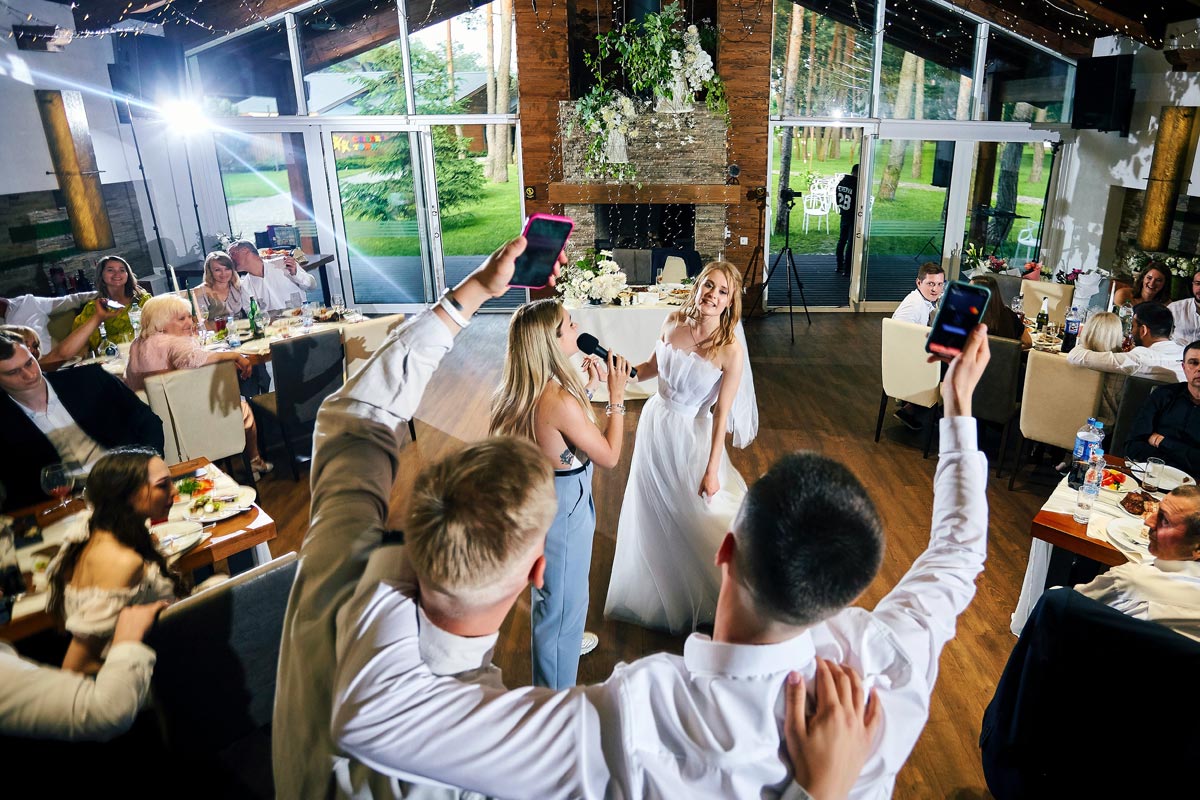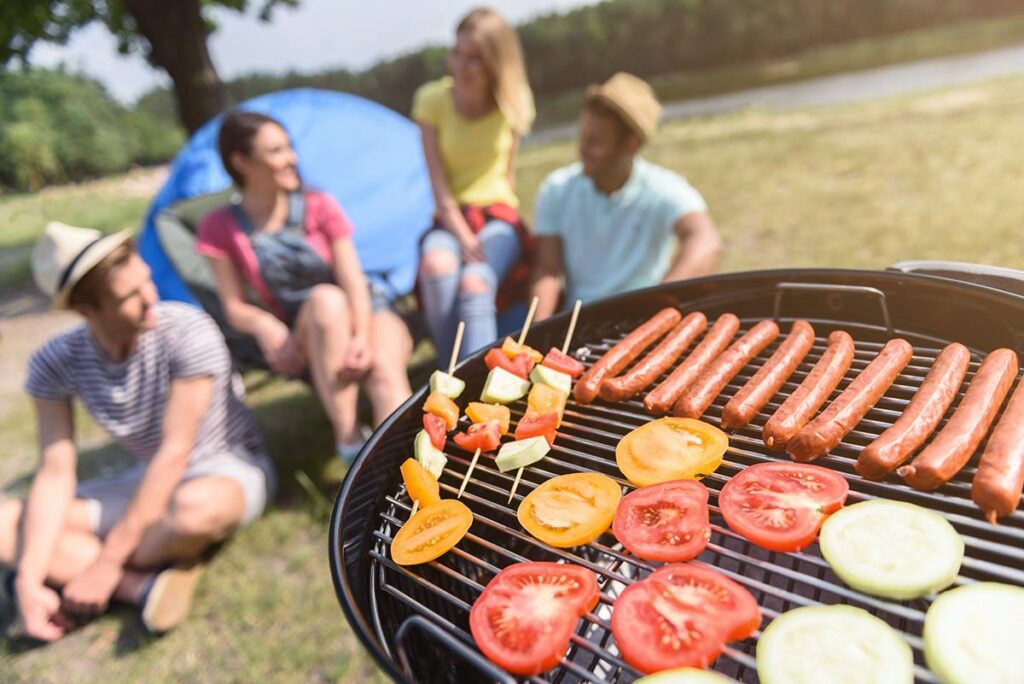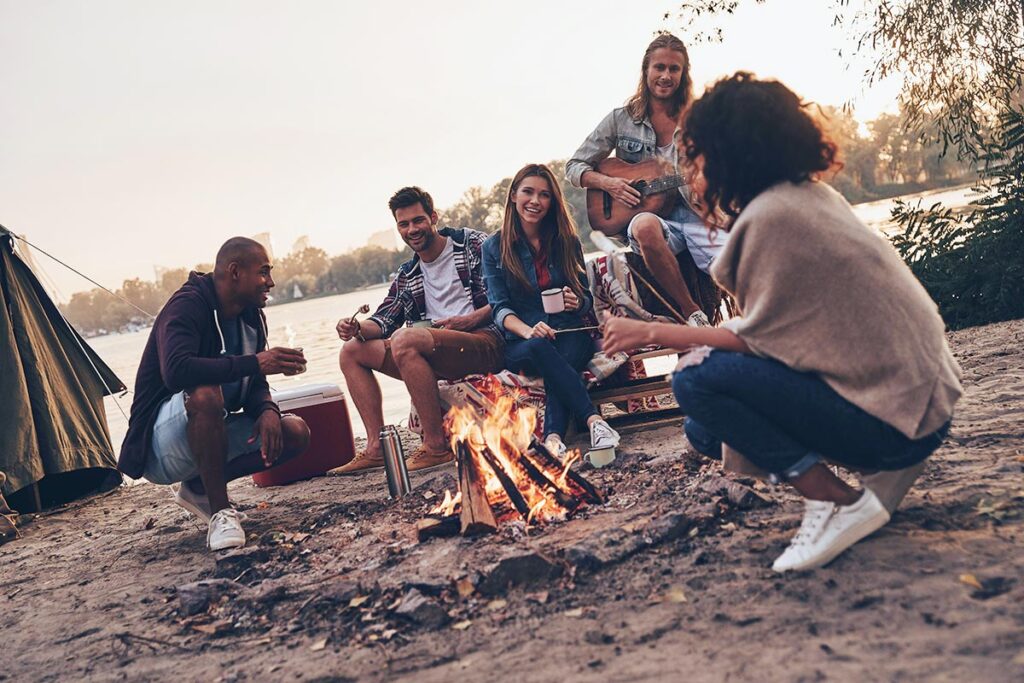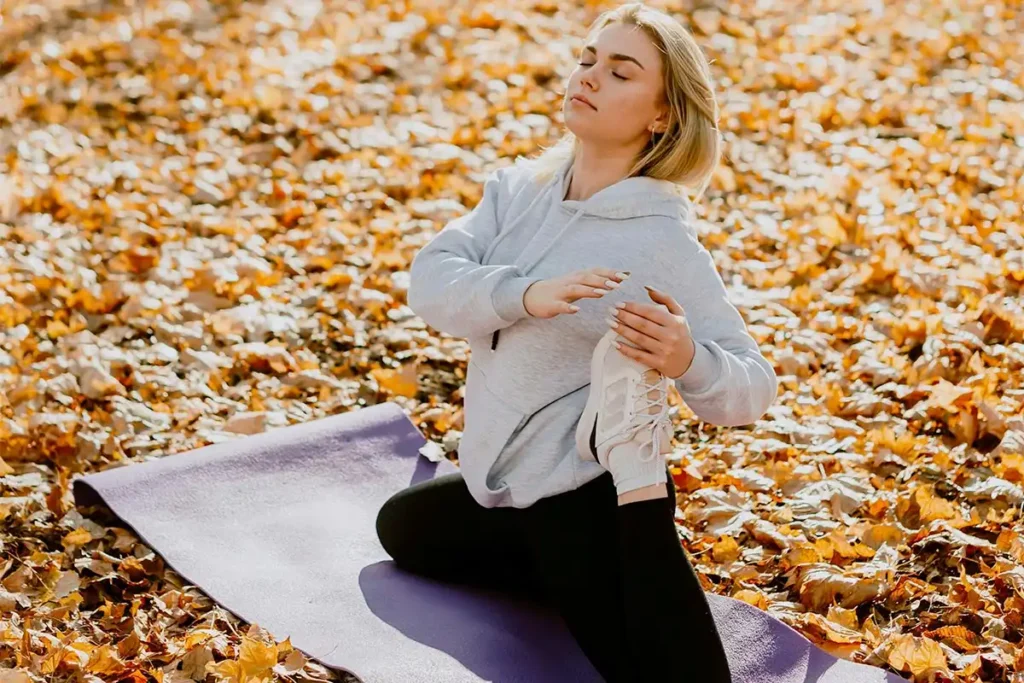Most of the United States drinks, at least socially. In fact, 65% of the total population over the age of 21 drink socially. That rate goes to 85% when you count people who only drink socially. It’s more normal for people to drink alcohol at social events then to not. That can leave you feeling left out, awkward, and even uncomfortable at social events – especially when you show up to a party and there’s nothing to drink that doesn’t have alcohol.
So, how do you avoid drinking a social events? Usually a little bit of planning goes a long way and you can easily avoid drinking. However, it will require planning, having a backup plan, and ensuring you’re ready to be around other people drinking.
Bring Your Own Drinks
If you’re going out to a social event, chances are high that you can bring your own drinks. This always means you’ll have something interesting to drink, even if your hosts haven’t planned for this. Alternatively, you can discuss with them upfront – which is the best call if you suspect that your hosts might be upset if you bring drinks.
Here, you can try to blend in by bringing mocktails or something that looks fancier than just a coke. You can also drink from a glass to further that impression. This is a great tactic if you want to sneakily stay alcohol free – as in, if you don’t want to have conversations about it – but if it’s just your friends and family, having the conversation is usually the better call.
Volunteer to Be the Designated Driver
If you want to ensure that no one tries to pressure you to drink, volunteering to be the designated driver is usually a great call. Here, you might still have some people pressuring you to drink, especially if the event is a long one. So, it’s important that you have prepared to say no to people offering you alcohol.
However, just being the designated driver means that not only will you have a good excuse not to drink, people will support you in not drinking.
Plan Coping Mechanisms
Avoiding alcohol at events can be a matter of self-control, especially if everyone else is drinking. It’s easy enough to plan to stay sober at the start of the evening. But, what about when you’ve been standing around with people drinking all night, you can smell alcohol, and cravings hit? Do you have a coping mechanism for that? Do you have a way to step out? To call someone and talk it through? To stay accountable?
Some of those methods can be:
- Write a list of reasons you want to stay sober. Read it when you start to feel cravings
- Go to the bathroom and do a mindfulness exercise if you start to feel cravings
- Check out of the social event and go home when you start to feel cravings
- Go to the event with a sober buddy or a friend, so you can be accountable for each other
- Make sure you have someone to call in case things get difficult
Coping mechanisms can vary a lot depending on you, what works for you, and the situation. So, make sure you have a few options. Ideally, nothing goes too wrong. But, if you end up needing a lot of support and being emotional, it’s important that someone be there for you.
Get Used to Being Around Alcohol
It’s also important to ensure that a social event isn’t your first time around alcohol since being sober. For example, if you go hang out with a close friend of family member and ask them to drink, you can get a better idea of what your reaction to being around alcohol is likely to be.
That’s going to be important because cravings can be quite strong. Social events are also a lot to deal with, especially if you haven’t been around large groups of people. That’s even true if you’re having fun and dancing and socializing with people. You might suddenly find yourself romanticizing getting to relax and drink with everyone else.
Plan to Socialize Without Alcohol
It’s also true if you have trouble socializing and find yourself outside of groups with no one to talk to – because alcohol is a social lubricant, and a lot of people use it to be social at all. If you know that’s how you tend to be in social situations, it’s important to take steps to ensure it doesn’t happen. For example, if you talk to the host and ask for introductions to people. Or, you can go to social events that have people working together, such as dance lessons, workshops, or creative outings. Sport events are also a great way to get over the bridge of talking to people – and all without alcohol. That will mean the bar probably won’t be your favorite place to hang out ever again – but that’s okay, people spend time together in a lot of settings and many of them are alcohol free.
Plan Alcohol-Free Events
The best way to have an alcohol-free event is to plan it yourself. That ca mean simply inviting people over with the express information that this is a sober party. However, you can organize anything you want and make it an alcohol-free event. For example, hikes and museum outings, camping, dance events, board games, bowling (although the venue will probably serve alcohol anyway) etc. If you want to do social things alcohol-free, ask people if they’re interested. You might be surprised to learn how many people don’t drink. After all, 65% of the population drinks regularly, but the other 35% don’t.
Always Keep a Drink in Your Hand
Having a drink in your hand is one of the easiest ways to ensure that you don’t take a new drink when someone hands it to you. You can get water, cola, or any other beverage you want. But, as long as you keep it topped up, your hands are full and you’ll have a harder time taking another drink. This isn’t a foolproof method, but it does raise the barrier to accepting an alcoholic drink.
It’s always a good idea to discuss your preference to be alcohol-free with the host or with your friends. They can then help to ensure you have options and accommodations and to ensure that people don’t keep offering you alcohol. Otherwise, you can often learn to say, “No thank you, I don’t drink”. At the same time, dealing with cravings while doing so can be quite a challenge, so it’s important to have support, coping mechanisms, and a way out of the event if it gets to be too much.
Stairway Recovery Homes has multiple sober living homes located in Los Angeles, CA. We provide quality recovery homes for both men’s sober living and women’s sober living.




